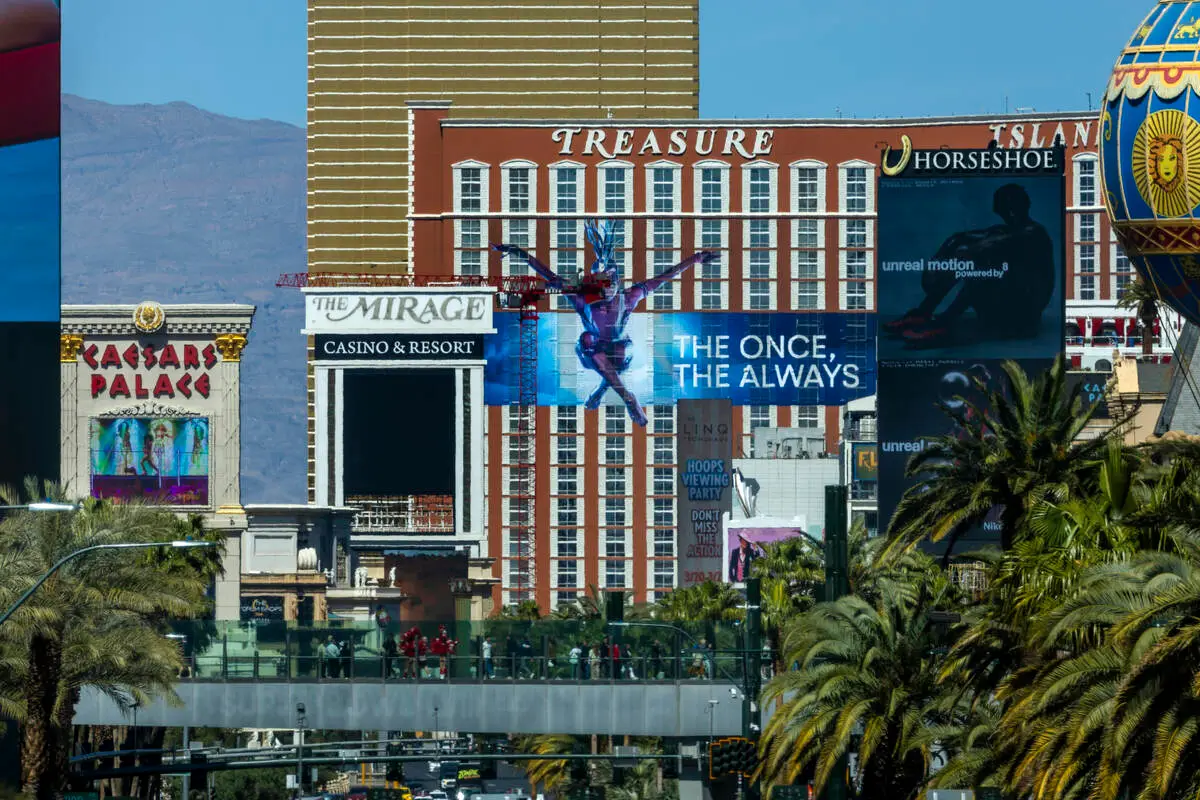The Las Vegas Convention and Visitors Authority (LVCVA) board is preparing to discuss the budget for the 2025-26 fiscal year amid expectations that the tourism economy will face a slight downturn. This projection is largely due to potential declines in consumer confidence and reductions in foreign travel, particularly from countries like Canada and Mexico. LVCVA President and CEO Steve Hill anticipates room tax receipts to decrease by 5% from the current year.
Despite an anticipated decrease in revenue, Las Vegas has shown resilience in the past, as highlighted by Jeremy Aguero of Applied Analysis. He recalled the impact of the COVID-19 pandemic when tourism came to a halt, which led to record-high unemployment rates in the area. However, visitation has steadily increased since then, with 41.7 million visitors in 2024, although the growth rate has slowed over the past few years.
Tourism remains a crucial component of Southern Nevada’s economy. Visitor spending has risen, partly due to higher prices, contributing significantly to the region’s economic output. Employment directly related to tourism accounts for about one in five jobs in Southern Nevada, while jobs indirectly supporting the tourism industry account for one in three.
The total economic impact of tourism is substantial, with an estimated annual output of $87.7 billion, representing nearly half of the region’s GDP. Convention attendance plays a vital role, with conventioneers spending more per visit than leisure travelers. The completion of a $600 million modernization project at the Las Vegas Convention Center is expected to boost convention attendance and, by extension, spending.
Despite some criticism regarding the pace of visitation growth, LVCVA remains optimistic about the future, with upcoming big trade shows and improved facilities likely to enhance the appeal of Las Vegas as a premier destination.






















